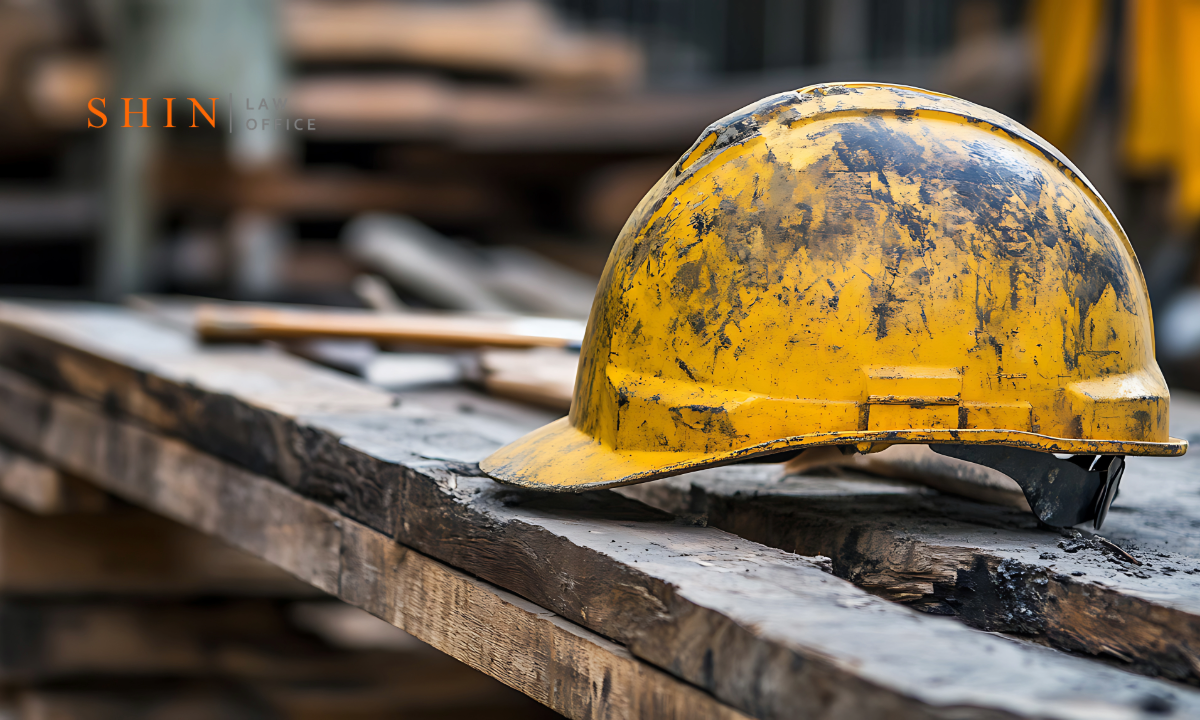By Anthony I. Shin, Esq. | Personal Injury Attorney | Shin Law Office
Mold Exposure at Work in Loudoun County | Know Your Legal Rights
If you think the mold at work is just an inconvenience, think again.
I’ve represented folks who walked into their job healthy and left weeks or months later with breathing problems, nonstop fatigue, and medical bills they never saw coming.
I’m Anthony Shin, and I handle toxic mold exposure cases here in Loudoun County.
Over the years, I’ve helped workers hold employers accountable when mold made them sick.
I’ve seen it happen in offices, schools, hospitals, warehouses, you name it.
Mold isn’t just a maintenance issue.
It’s a health hazard.
And if your workplace ignored it, you might have a legal case.
Mold Isn’t Just Gross—It Can Make You Really Sick
Most people are unaware of how quickly mold can impact their health.
It starts slight—maybe some coughing, itchy eyes, or skin irritation.
However, for some, it worsens rapidly.
I’ve had clients who dealt with:
- Breathing trouble—especially if they had asthma or allergies
- Constant headaches and brain fog that made it hard to focus
- Skin rashes and burning eyes that just wouldn’t go away
- Extreme fatigue that made it hard to work or even think clearly
-
In rare cases, I’ve seen serious infections and even lung bleeding, especially in people with weak immune systems
The scariest part? Some of them didn’t even know mold was the cause until they saw a specialist, or called me.
Where Mold Shows Up Most at Work
Mold doesn’t care where you work—it shows up in more places than people think. In my experience, these jobs are precarious:
- Construction workers – you’re often around old water-damaged materials
- Janitors and teachers, especially in older school buildings
- HVAC techs and maintenance crews – mold loves ducts and pipes
- Nurses and hospital staff – wet, enclosed spaces are perfect for mold
- Warehouse workers – poor air flow and leaks create perfect conditions
- Office workers – yes, even in desk jobs, mold can hide behind the walls
- Disaster response teams – flood zones are filled with dangerous mold
If your job involves working in damp spaces, dealing with water damage, or poor ventilation, and you’ve been feeling unwell, it’s worth investigating further.
Why Employers Are Still Responsible
Here’s the truth: mold doesn’t grow overnight.
It takes time.
That means in most cases, your employer or building manager had time to fix the problem, and didn’t.
Leaks. Flooding. Broken HVAC systems. Poor ventilation. High humidity.
These are the warning signs. And when management ignores them? That’s negligence.
They should’ve protected you. Period.
What You Can Do (And Why You Shouldn’t Wait)
If you’ve been exposed to mold at work and you’re dealing with health problems, the best thing you can do is act now.
Document everything—photos, doctor visits, symptoms.
Talk to coworkers.
Then call someone like me.
I’ve helped people recover money for:
- Medical treatment
- Missed work
- Pain and suffering
- Future care
Don’t try to tough it out or wait to see if it goes away.
Mold exposure doesn’t just disappear, and neither do the legal deadlines to file a claim.
Let’s Talk
You don’t have to go through this alone.
If you think mold at work is making you sick—or already has—reach out.
I’ll review your situation and let you know if you have a case.
Call Shin Law Office today at 571-445-6565 or use our online contact form to schedule a free consultation.
We’ll fight for the truth, your health, and your future.

Principal Attorney | Shin Law Office
Call 571-445-6565 or book a consultation online today.




